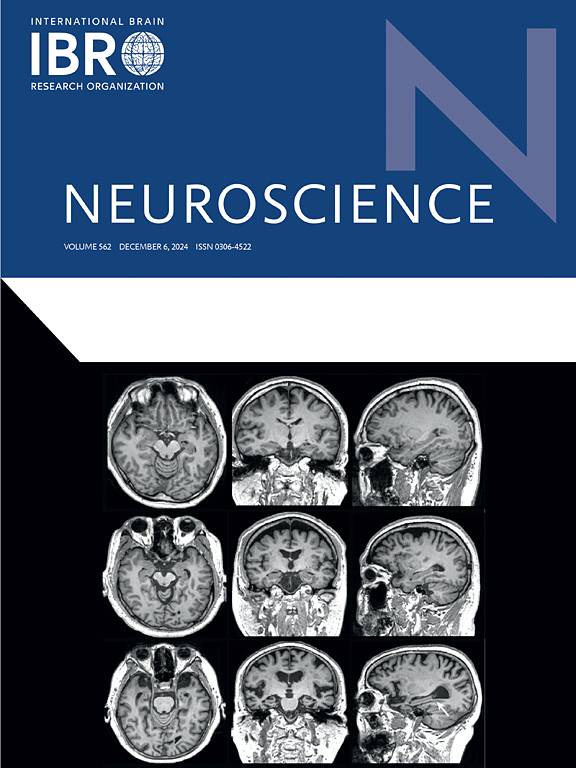Cogmed cognitive training for working memory: a systematic review and meta-analysis
IF 2.8
3区 医学
Q2 NEUROSCIENCES
引用次数: 0
Abstract
The interest in computerized training to enhance and rehabilitate cognitive functions is increasing. However, the efficacy of these methods, particularly in improving working memory (WM), remains debated. This systematic review aimed to evaluate the effectiveness of Cogmed Working Memory Training (CWMT), a commercial program designed to improve WM. We searched PubMed, BVS, and CENTRAL databases up to January 14, 2024 for randomized controlled trials (RCTs) using any version of Cogmed in participants aged 18 years or older. The primary outcomes were post-training verbal and visuospatial WM performance. A meta-analysis was performed to calculate pooled standardized mean differences (SMD) between intervention and control groups. A total of 298 articles were identified, and 11 RCTs met the eligibility criteria for meta-analysis. The meta-analysis revealed that participants in the Cogmed group showed significant improvements in verbal and visuospatial WM scores immediately after training, with a small effect for sustained benefits for verbal WM at 2–6 months post-intervention. No significant differences were observed between groups less than 2 months post-training for either WM component. CWMT provides short-term benefits for adults’ WM, particularly immediately after training. Evidence for sustained improvements remains limited. PROSPERO database (CRD42022298013).
认知训练对工作记忆的影响:系统回顾与元分析。
对计算机训练增强和恢复认知功能的兴趣正在增加。然而,这些方法的有效性,特别是在改善工作记忆(WM)方面,仍然存在争议。本系统综述旨在评估Cogmed工作记忆训练(CWMT)的有效性,CWMT是一个商业项目,旨在提高WM。我们检索了PubMed、BVS和CENTRAL数据库,检索了截至2024年1月14日的随机对照试验(rct),这些随机对照试验使用Cogmed的任何版本,参与者年龄在18岁 以上。主要结果是训练后的语言和视觉空间WM表现。进行meta分析以计算干预组和对照组之间的合并标准化平均差异(SMD)。共纳入298篇文献,其中11篇rct符合meta分析的资格标准。荟萃分析显示,Cogmed组的参与者在训练后立即在口头和视觉空间WM得分方面表现出显着改善,在干预后2-6 个月的口头WM持续获益方面效果不大。在训练后不到2 个月的各组之间,WM的任何一个组成部分都没有观察到显著差异。长期获益(2-6 个月)是有限的,对口头脑损伤的持续效果很小,对视觉空间脑损伤的持续效果不显著。CWMT为成人的WM提供了短期的好处,特别是在训练后立即。持续改善的证据仍然有限。普洛斯佩罗数据库(CRD42022298013)。
本文章由计算机程序翻译,如有差异,请以英文原文为准。
求助全文
约1分钟内获得全文
求助全文
来源期刊

Neuroscience
医学-神经科学
CiteScore
6.20
自引率
0.00%
发文量
394
审稿时长
52 days
期刊介绍:
Neuroscience publishes papers describing the results of original research on any aspect of the scientific study of the nervous system. Any paper, however short, will be considered for publication provided that it reports significant, new and carefully confirmed findings with full experimental details.
 求助内容:
求助内容: 应助结果提醒方式:
应助结果提醒方式:


